When Does Growth Stop in Boys?
Boys grow at an alarming rate, which might cause a parent to wonder whether they ever stop growing. Based on research done by the National Health Service, generally, boys attain maximum growth at the age of 16. Some continue to experience growth adding an inch or two to their height as they enter their late teens. Read on to find out more about growth in boys and what parents should expect.
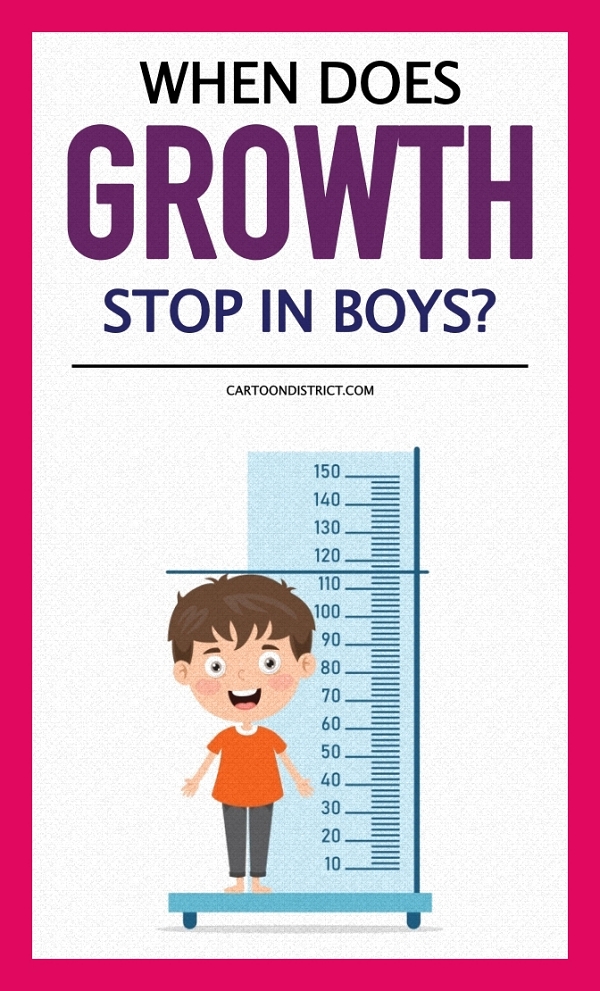
How puberty affects growth in boys
Boys tend to experience growth spurts as they go through puberty. However, the rate at which they grow tends to vary since boys reach puberty at different times. Generally, boys grow 7.6 centimeters each year during puberty.
The age at which a boy reaches puberty has no influence over his adult height, but it will influence when growth begins and ends. Boys can be classified as either early or late maturers. Early maturers begin puberty between ages 11 and 12, while late maturers start puberty between ages 13 and 14.
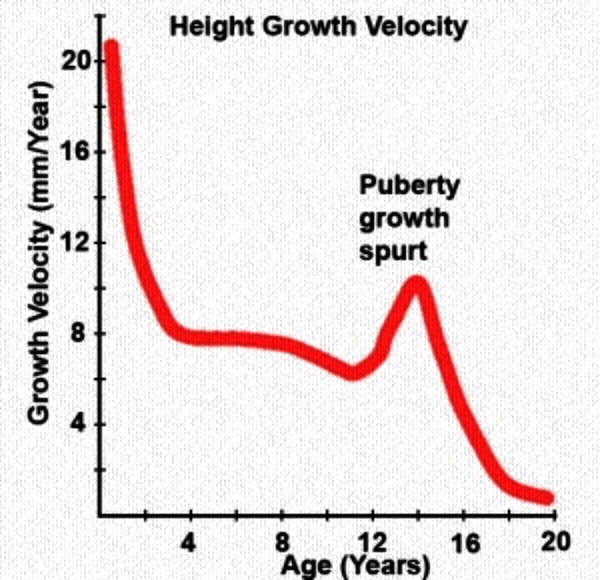
Boys in both categories often experience the same average increase in height. However, late maturers will grow much faster to compensate for the time lost. As they go through puberty, boys often attain a height that is about 92 percent of their adult height.
Those whose growth is restricted before reaching puberty still get to gain height as they go through puberty. Unfortunately, they do not always make up for lost time prior to reaching puberty.
What is their median height?
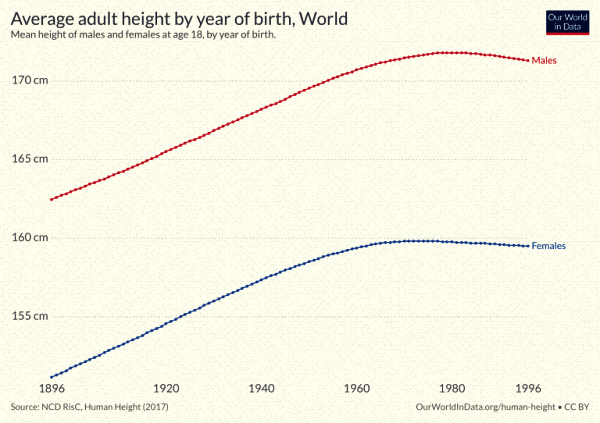
American men aged 20 years and above have an average adult height of about 175.4 cm, which converts to 5 feet and 9 inches. At the age of 10, when puberty begins, about 50 percent of all boys will be about 138.5 cm tall. This value tends to increase with age until the age of 18. The maximum average height at age 18 for most boys is 176 cm.
Genetic and Height

One of the key determinants of how tall your male child will become is genetics. Parental genes determine how tall your children will become. Other factors that might also weigh in include diet, level of activity, and maternal prenatal nutrition.
Parents often want to know how tall a child will become. Thankfully, scientists have come up with various methods of predicting a child’s adult height. The most common one is the mid parental height method.
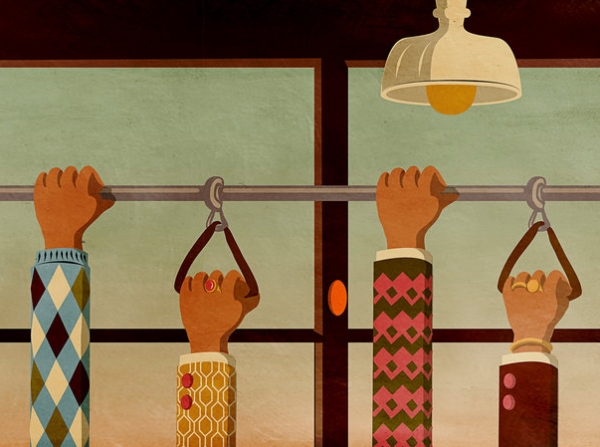
To use this method, add the mother and father’s height, then find the average of the sum. Add 2.5 inches onto the average value if your child is a boy or subtract 2.5 inches if your child is female. The value you will obtain using this method will not be an exact estimate. Your child might turn out taller or shorter by four inches.
Growth in boys versus growth in girls
Girls and boys grow at different rates. Boys group real fast in childhood. Generally, boys end up being taller than girls. For that reason, doctors have a different growth chart for each gender to assess growth with time.
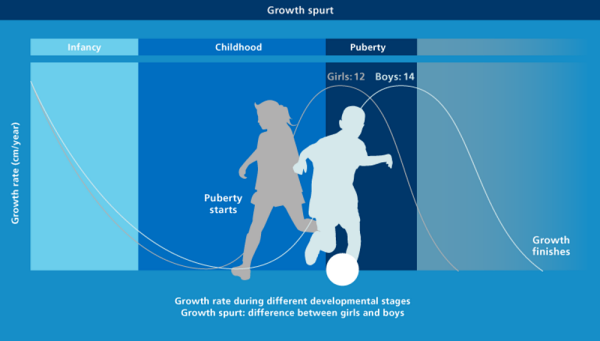
As a parent, it is important to note that your child’s percentile is not as important maintaining healthy growth. If the child falls from the 40th percentile down to the 20th, the doctor will want to run tests to pinpoint the problem.
Causes of growth delays in boys
Sometimes children do not grow normally because of various reasons including medical issues, insulin levels, growth hormones, or Down syndrome. A child with growth hormone deficiency might have trouble growing normally and will often struggle to keep up with peers. In addition, kids with growth hormone deficiency tend to be smaller for growth age.
Fortunately, your doctor can help restore your child’s normal growth. Growth hormone deficiency is treatable with the help of growth hormone therapy. Overweight kids also tend to experience growth difficulty. Other issues that could cause growth problems to include poor nutrition.
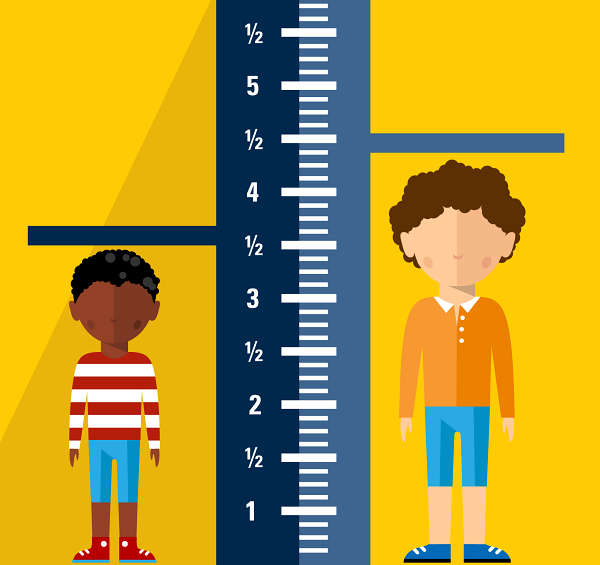
Delays in growth are most noticeable in infancy. Therefore, you should ensure that you maintain a regular hospital visit in order for your doctor to keep track of your child’s health and growth. Often, the underlying cause of poor growth is not obvious. You can only ascertain what the problem is once the doctor runs tests on your child.
Plus, if you notice that your child is lagging behind, getting to the root cause before your child reaches puberty is important. Once your son clears puberty, growth may not continue, and solving any growth issues may be impossible.
Final Word
Your son may cease to grow once he reaches age 16. However, this is not always the case because a variety of factors influences your child’s growth and adult height. They include nutrition, genetics and your child’s level of activity. If it seems your child is experiencing growth delays, it is important to schedule a meeting with your doctor.






